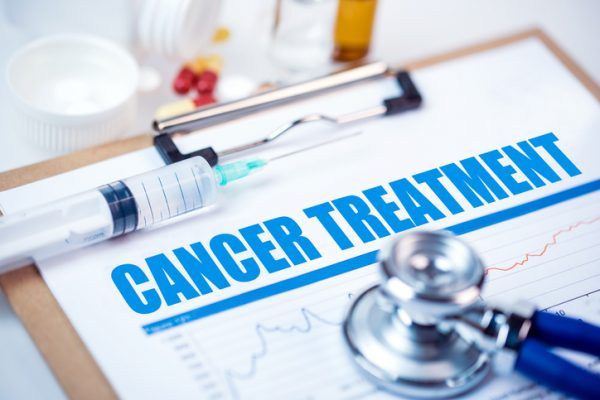
President, Nigerian Cancer Society, Dr. Adamu Umar, says by the end of 2023, about 102,000 Nigerians will have been diagnosed with cancer, hinting that the disease is hitting closer to more Nigerian homes and families than ever.
Umar said this in an interview with the News Agency of Nigeria, on Monday in Abuja, noting that it has become imperative to do more to close the care gap for cancer in Nigeria.
The NCS president feared that no fewer than 40,000 of the 102, 000 Nigerians, would survive the disease.
“The world has recorded significant improvements in cancer care, yet thousands of Nigerians continue to die from the disease.
“In many countries, cancer is no longer a death sentence; with the right care, it is a chronic disease that can be managed.”
According to him, “it is clear, therefore, that there is a care gap.”
He said that cancer patients in developing countries like Nigeria groan under the crushing costs of cancer care.
“Nearly 80 per cent of Nigerians cover medical expenses out-of-pocket. The average cost of treating cancer can exceed N10 million and, over time, can reach as high as N20 million.
“Few Nigerians can afford this. Many earn less than N60,000 a month. A cancer diagnosis can leave even high-earning citizens on the brink of poverty.
“Around 70 per cent of cancer deaths happen in developing nations. This is due to inadequate care.
“In addition to the high financial burden of the disease, few facilities offer comprehensive cancer care,” he said.
Umar said that there were just not enough cancer care specialists or cancer care centres to handle this emergency.
According to him, the National Action on Sugar Reduction coalition is calling for more policy action to close the care gap.
Umar said that cancer incidence and mortality could be prevented if healthcare was prioritised in the country.
He said that in addition to other factors, diets low in nutrition aggravate cancer risk.
“Studies have shown that the consumption of sugar-sweetened beverages, including carbonated drinks and sugary juices, can increase obesity and raise the risk for 13 different cancers.
“To tackle this risk from this source, the NASR advocates for an increase in Nigeria’s SSB tax to 20 per cent of the final retail price,” he said.
He, however, noted that tax policy would have several benefits, saying that it would discourage the consumption of sugary beverages and lower cancer risk.
“And it would raise revenue that can be used to close the healthcare gap between Nigerian cancer patients and cancer patients in other climes.”
He called for greater investment in the health of Nigeria’s citizens.
According to him, unless this happens, Nigerians will continue to record disproportionate cancer deaths.
He urged the government and Nigerians to take action toward the prevention, detection and treatment of cancer.
“The government must take crucial policy steps to ensure healthcare equity. With greater awareness and policy action, Nigeria will close the cancer care gap,” he advised.
(NAN)
Leave a Reply